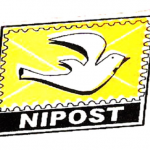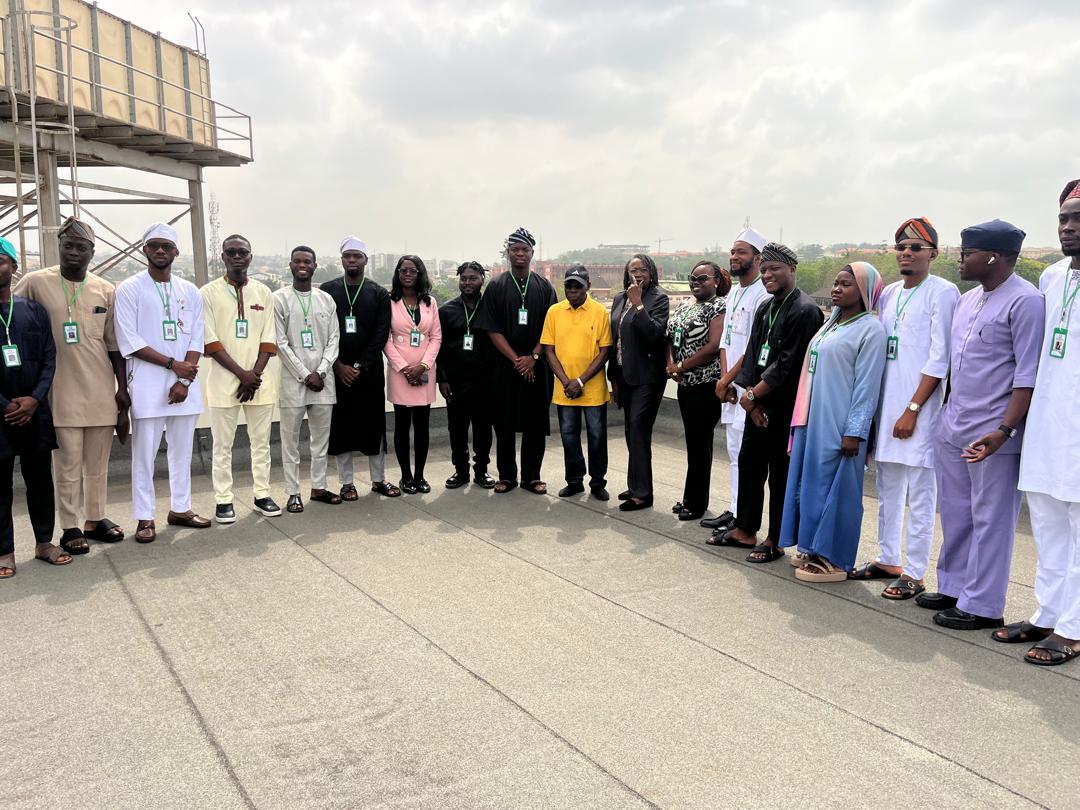USAID, Nestle, others partner to improve agro-products

The U.S. Agency for International Development (USAID), Nestlé Nigeria Plc, Volunteers for Economic Growth Alliance (VEGA) and VEGA Member Cultivating New Frontiers in Agriculture (CNFA) have announced a new partnership programme, Feed the Future Nigeria and Nestlé Maize Quality Improvement Partnership (M-QIP).
The new partnership is expected to significantly expand on these efforts, reaching an additional 20,000 smallholder farmers including 40 percent women and other agro-industry entrepreneurs within the value chain.
It is estimated that the implementation of this program will increase the sales of better quality maize and soybean by at least 17,000 metric tons annually helping to improve the livelihoods of these farmers.
The programme aimed at training farmers, workers and small agricultural businesses in Kaduna State, by leveraging the expertise of volunteers.
Farmers will learn how to reduce crop contaminants, to help sustainably increase the safety and quality of maize and soybeans, which will lead to improve the health, nutrition and livelihoods in their communities.
Emphasizing on the impact of the partnership on the local economy, Mr. Mauricio Alarcon, CEO and Managing Director, Nestle Nigeria said: “This partnership is in line with Nestles purpose of enhancing quality of life and contributing to a healthier future.
Our Creating Shared Value approach enables us to build thriving, resilient communities with whom we work, by improving the livelihoods of individuals and families.
“Today, we locally source more than 80% of our raw material and we are committed to further increase in this regard. We believe that the collaboration with the communities, CNFA, USAID and VEGA will help to improve livelihoods in communities connected to our business activities.
For the past three years, Nestlé has been working with farmers to improve their agricultural practices to ensure the safety and quality of their crops.
This forms part of its Creating Shared value to create value both for business and society. With these projects, the company has been able to reach 30,000 smallholder farmers, helping them to increase their income by 35%.
Over the next three years, a team of experts and 150 volunteers led by CNFA will design and deliver training programs for reducing aflatoxins and other contaminants in grain and maize to farmers and supply chain intermediaries, through a train the trainer approach.
Speaking on the partnership programme, USAID Mission Director Stephen M. Haykin said: “This public-private partnership supported by Feed the Future will help lift farmers out of poverty by sharing best practices in agricultural activities and focusing on value chains.”
More so, Sylvain Roy, CNFA President & CEO positively said that, “The partnership will allow CNFA to apply our unique expertise in supporting smallholder farmers around the globe to improve our new beneficiaries’ capacity to supply processors, one of the fundamental linkages in the agricultural value chain.”
Michael Deal, President and CEO, VEGA, however stated that, “VEGA is very pleased to have brought these partners together to create sustainable supply chain solutions to enhance the wellbeing of farmers, small business owners and families in Nigeria.”
More than 200 for profit private enterprises, such as farm service retailers, will also be trained and supported to improve their technologies and management practices.
However, International experts in my cotoxin mitigation in crops have agreed to provide volunteer advisory services on this project.
The team working with Nigerian farmers, agri-business intermediaries and sales agents will also include experts from Purdue University in the U.S. and Centre for Entrepreneurial Studies and Lifelong Learning in Nigeria.










